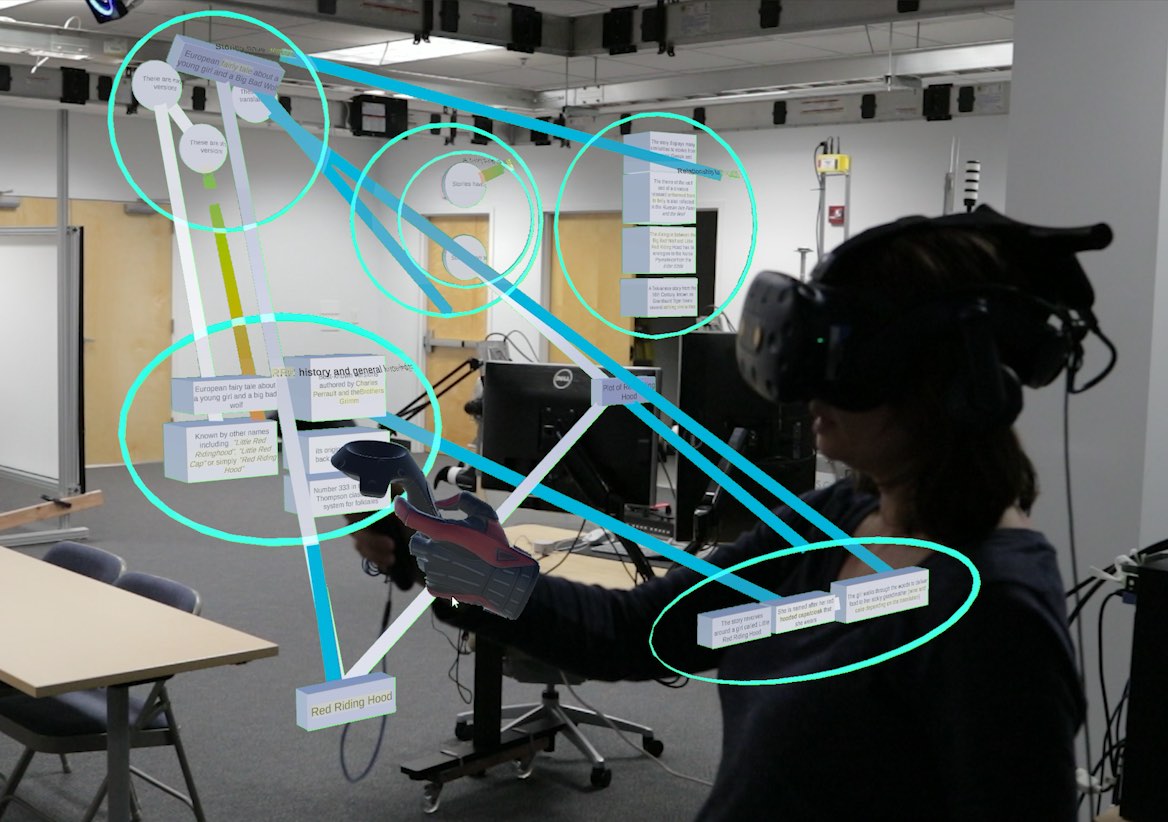Dr Beth Cardier
Qualifications & Experience
Beth models narratives and dialogue to show how implicit information can be included in reasoning systems. She was originally an award-winning fiction writer and media analyst, when, in a plot twist, she learned knowledge modeling for a US Navy-funded research program to demonstrate how writers communicate unexpected events. That project informed an interdisciplinary PhD in Creative Writing / Computing and Information Systems at the University of Melbourne, awarded in 2013, and the resulting method was patented. She went on to win two grants from the National Academies Keck Futures Initiative, which supports radically interdisciplinary projects, and led one of these in her capacity as Assistant Professor at the Eastern Virginia Medical School. She has collaborated with Disney Research, foremost context logician Keith Devlin, at Stanford, and the Virginia Modeling Analytics and Simulation Center, which developed a prototype immersive modelling environment based on her methods.
Beth is currently a Principal Research Fellow at Griffith University and as a Fellow of TAS, will capture some of the trickier aspects of trust in her project, Tipping Points: Modelling Emergent Trust in Narrative.

Background
Beth is accustomed to being the only humanities collaborator in a scientific team and is striving to change that. The arts have untapped insights that can drive innovation – by definition, artistic expression accounts for forms of information that are not present in scientific discourse. As technology becomes more pervasive and powerful, insights from the humanities can inform how it accounts for wellbeing in individuals, communities and environments. Implementing these insights requires (sometimes extreme) transdisciplinary collaboration, and over a series of projects, Beth has developed storytelling and theatre techniques into methodologies that can connect knowledge from remote disciplines. Beth is also passionate about creative education for kids and is known for the wildly experimental games at her children’s birthday parties.
Her Griffith University profile is here [https://experts.griffith.edu.au/27882-beth-cardier] and her personal website can be found here [http://bethcardier.com].
TAS Research
Modeling trust among humans and autonomous systems is challenging because so many aspects are intangible or contextual. In a sense, characterising trust is a creative artist’s problem. Writers are able to communicate elusive properties by manipulating inferences and distributed information. Beth uses her understanding of narrative writing and performing to develop new modeling methods that make these structures visible (examples of past animated models can be found here [http://info.bethcardier.com/index.php/models/]). At TAS, these techniques will become a new lens through which to view the emergence of trust in dialogue.
In computational formats, trust is currently reduced to quantitative criteria, such as reputation ratings, for commerce or social networks. Similarly simple metrics serve as a measure of trust in communication, where ‘liking’ or emojis rate online interactions. Beth depicts the emergence of trust in semantic interactions as alignments among networks of inferences and contexts. It is anticipated that indicators of trust will be found in the way different inference networks are prioritised during communication. Trust is also evident in the emergence of new communicative channels after trust is gained, where ideas are used in new, personalised ways. This framing of trust moves away from single quantitative measurements and replaces it with alignments among clusters of semantic structure, making it possible to read values, intents and histories into interactions. Examples will be drawn from social media, clinical therapy and film.
This research will contribute to the domains of trust in AI, conversational interfaces and explainable agency. Beth is also keen to explore more sensitive bionics, as the ultimate collaboration between human and machines systems. She will work with industry partners including Bionics Queensland, Downer and CAE to transfer these insights into more responsive and accountable technologies. At the same time, she is building new connections between Griffith Film School and its School of Information Technology, to seed the next generation of art-science innovation.
Key research questions will be:
- What are the triggers, thresholds, conditions and indicators of the accumulation and deterioration of trust in communicative interactions?
- When a quality of trust is registered, how do the follow-on channels of communication change? What aspects of interpretation are lost and gained with this change?
- Is there a detectable difference between trust that naturally emerges, versus trust that is manipulated by an agent?
Beth welcomes conversations with students and researchers about the exciting challenge of modelling narrative, context and unnameable things.

